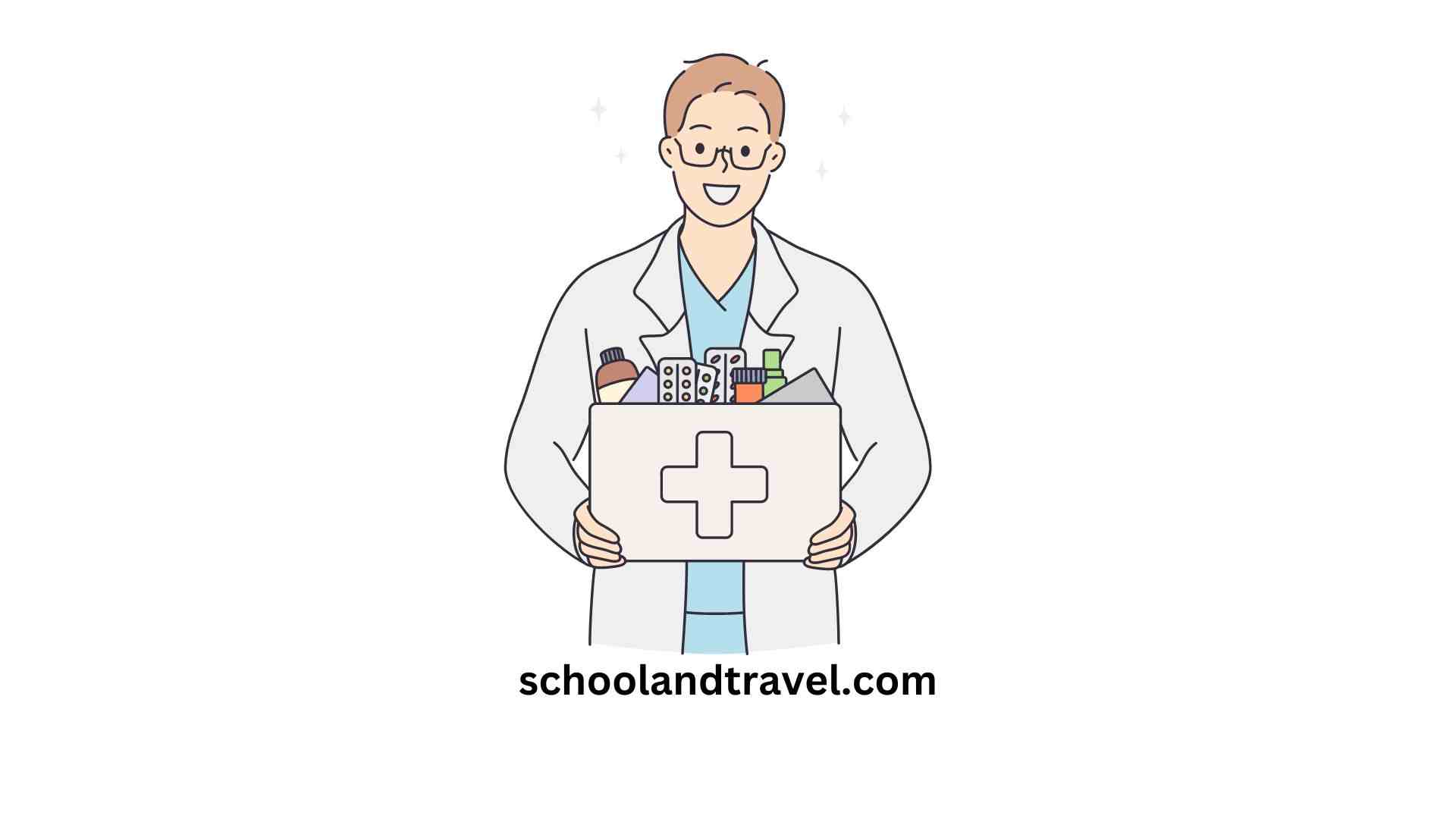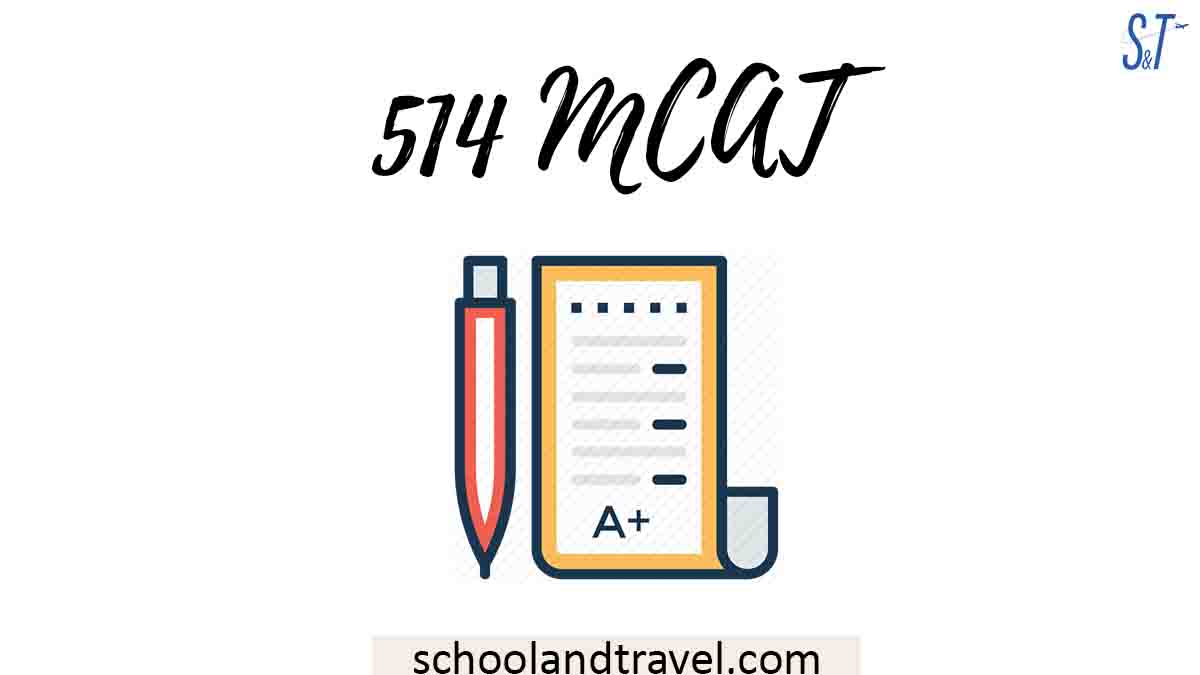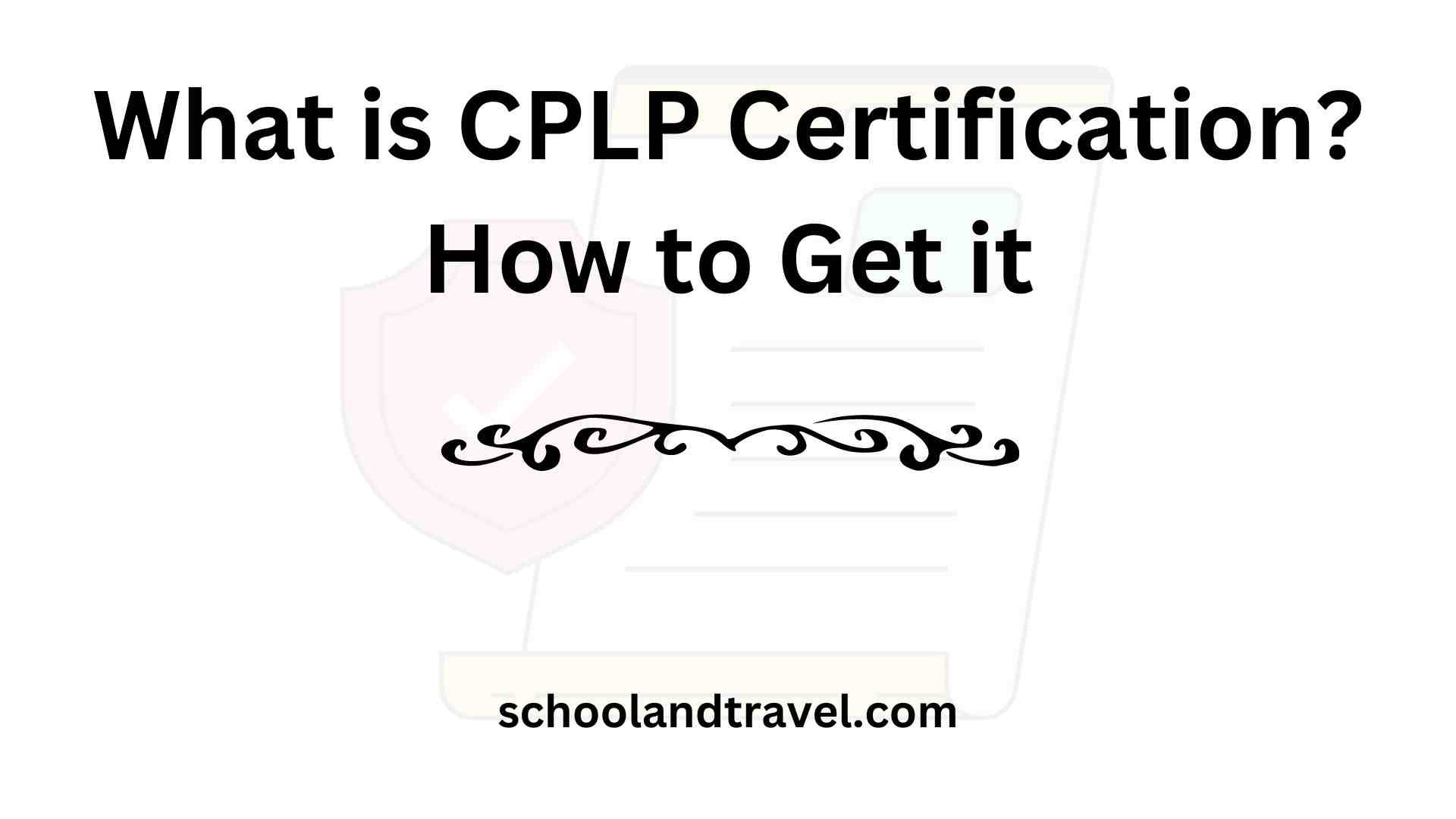A pharmacy degree is required to practice in the United States.
Four years of classroom study and supervised clinical experience are required to get this degree from an accredited pharmacy college or university after two to four years of undergraduate study.
To work as a pharmacist, you must first earn your Doctor of Pharmacy (Pharm.D.) degree.
Despite this, it is possible to seek employment in the field of pharmacy without a formal education in the subject.
You can become a pharmacy technician if you want to work in the pharmaceutical industry but don’t want to return to school.
This article explains how to become a pharmacist without going to school.
Who is a Pharmacist?
A pharmacist is both a medical professional and an authority in medication. They make sure the drugs you take are secure and effective.
Pharmacists are healthcare professionals specializing in the safe and effective production, dispensing, and managing pharmaceuticals for patients and healthcare providers.
They may also go by “chemist” or “druggist.”
Is Being A Pharmacist A Good Career Path?
Yes, it is. If you’re seeking a field that will provide you with a wide range of employment options, steady pay, and professional development prospects, consider becoming a pharmacist.
Employment of pharmacists is expected to expand by 2.4% between 2021 and 2031, according to the BLS. Seven thousand seven hundred jobs should become available during that time.
Pharmacists are in high demand in healthcare facilities, but that’s not your only potential employer.
Pharmacists can also work in other healthcare settings, such as hospitals and nursing homes.
A pharmacist’s job is extremely dangerous because even a slight mistake could have fatal consequences.
This field of work has such a slim margin for error. The repercussions of a miscalculation, down to the decimal point, can be catastrophic for patients.
You should ask yourself if you want the weight of that duty on your shoulders. One of the drawbacks of working as a pharmacist is the immense responsibility that will fall on your shoulders.
Is it Possible to Become a Pharmacist Without Going to School?
The standard practice for anyone interested in entering the pharmacy field has traditionally been to earn a degree from a recognized pharmacy institution.
It was formerly impossible to become a pharmacist without completing a four-year degree program, but with the proliferation of non-traditional educational options and the growing need for more accessible routes, this is no longer the case.
While this may sound strange, it is crucial to remember that becoming a pharmacist is governed by different standards in different nations.
Apprenticeships, on-the-job training, and online certifications are non-traditional routes to acquiring marketable skills.
How To Become a Pharmacist Without Going to School
1. Research the legal and regulatory rules:
Before beginning the alternative route, you must investigate your jurisdiction’s licensing norms and laws. You can use this information to plan your path to becoming a pharmacist.
2. Seek out apprenticeship programs:
Check with local pharmacies and healthcare facilities to see if they have any internship or apprenticeship programs.
Participating in one of these programs can give you the hands-on experience and practical training you need to succeed in your chosen profession.
3. Explore online pharmacy programs and certifications:
There is a variety of information available online for anyone interested in studying pharmacy. You should look into getting a certification or completing a degree program in pharmacy online.
These courses can offer a well-organized curriculum and guarantee you learn everything you need to know to be a competent pharmacist.
These courses permit students to study when convenient for them and at their own pace.
Selecting recognized programs that offer thorough instruction and adhere to the requirements set forth by regulatory organizations is essential.
Look for courses that address critical areas, including drug interactions, patient care, legal considerations, and ethical obligations in the pharmaceutical industry.
If you want to complement your academic studies with real-world experience, consider courses or degrees that include internships or practicums.
4. Network with professionals in the field:
Developing a network of seasoned pharmacists and other experts in the sector can be a great resource.
You can meet new people and learn from individuals who have taken unorthodox routes to success in the pharmacy field by participating in professional events, joining relevant organizations, and looking for mentorship possibilities.
Alternative Paths to Becoming a Pharmacist
1. Apprenticeship programs and on-the-job training
Apprenticeship programs and on-the-job training are viable alternatives to formal education for aspiring pharmacists.
Students in these programs gain the practical knowledge and experience they need to succeed in pharmacy through internships and externships.
Apprenticeships in the pharmacy field often require trainees to put in a certain number of hours of supervised practice under the watchful eye of a more seasoned pharmacist.
Aspiring pharmacists can get paid while gaining real-world experience; this is an excellent choice for people who learn best via doing.
2. Licensing requirements for pharmacists
Aspiring pharmacists need the formal education required by their respective regulatory authorities and experience working in a pharmacy.
In most countries, pharmacists need to pass a licensure exam and log a specified number of hours of supervised practice before they can call themselves licensed professionals.
This is the North American Pharmacist Licensure Examination (NAPLEX) in the United States.
What You Should Know About Becoming a Pharmacist Without Medical School
Although it may be tempting to skip college and go straight into the pharmacy field, you should weigh the benefits and drawbacks of this unconventional route.
Individuals can learn at their own pace and often continue working while learning essential knowledge and abilities, which is one of the key advantages.
It’s possible to save money by taking an alternative route to becoming a pharmacist rather than attending pharmacy school.
However, without a formal education, one may be limited in one’s employment options and ability to earn a living wage.
Some careers, such as those in clinical pharmacy, may require a graduate degree from an authorized pharmacy school to qualify.
Why You Need Formal Education in Pharmacy
Getting a formal education in pharmacy is essential before looking into other options for entering the profession.
Learning about pharmaceutical sciences, patient care, drug interactions, and a pharmacist’s legal and ethical obligations is only possible through formal education.
In addition to teaching students how to read scientific material and make educated judgments critically, this course also helps them develop the communication skills they’ll need to interact professionally with healthcare providers and patients.
Although time-consuming and expensive, formal education is essential for a prosperous pharmaceutical career.
What You Should Know About the Future of Non-traditional Pharmacy Education
The pharmacy study is developing at the same rapid pace as the healthcare sector.
As long as they can show they have the abilities and knowledge essential for the job, people who didn’t go through the typical channels to become pharmacists are increasingly accepted.
Future pharmacy education is likely to continue to provide more accessible options for prospective pharmacists as a result of technological improvements and the rising availability of online resources.
However, to ensure you’re on the right track toward a prosperous career in pharmacy, you must keep up with the ever-changing legislation and criteria in your jurisdiction.
FAQs on How to Become a Pharmacist Without Going to School
Generally speaking, registered nurses can dispense pharmaceuticals as part of their duties, but not as their only duties. According to the scope of practice legislation governing registered nurses, they are not allowed to start a pharmacy.
Becoming a pharmacist requires a more rigorous educational experience. Dedication is required for either path, but the path to pharmacist is more time and labor-intensive. The cost of a nursing degree also dwarfs the cost of traditional university education.
You might do better in medicine if you enjoy interacting with others. While pharmacists do have contact with patients, they may not always be involved in providing direct medical care or assessments.
Conclusion
The aspiration of pursuing a career as a pharmacist without enrolling in a conventional educational institution is now within reach.
By utilizing alternate avenues such as apprenticeship programs, on-the-job training, and online certifications, individuals can obtain the requisite information and skills for engaging in pharmacy practice.
There are upsides and downsides to veering from the standard course of action.
Before drawing any firm conclusions, however, a careful assessment of the prerequisites and rules applicable in one’s jurisdiction is essential.
Awesome one; I hope this article answers your question.
Editor’s Recommendations:
- Is Online Forklift Certification Legit? (Yes/No, Worth, FAQs)
- How To Get ASE Certification (Benefits, Steps, FAQs)
- 9 Best Certifications For Remote Jobs (Tips, FAQs)
- How To Become A CIMI (Certification, Cost, FAQs)
- 15 Free Online Government Certifications In 2023 (FAQs)
- Post-doctoral Certificate (Meaning, duration, careers)
- Bonafide Certificate (Meaning, Types, Uses, Application)
- What is 19A Certification? How to Get (Steps, Renew, FAQs)
- What is RA Certification? How to Get it (Benefits, FAQs)
- What is CPHQ Certification? How to Get it (Steps, FAQs)
- Certificate vs. Degree – Which is Better?
- How to make friends as an Introvert in College
If you find this article good, please share it with a friend.




